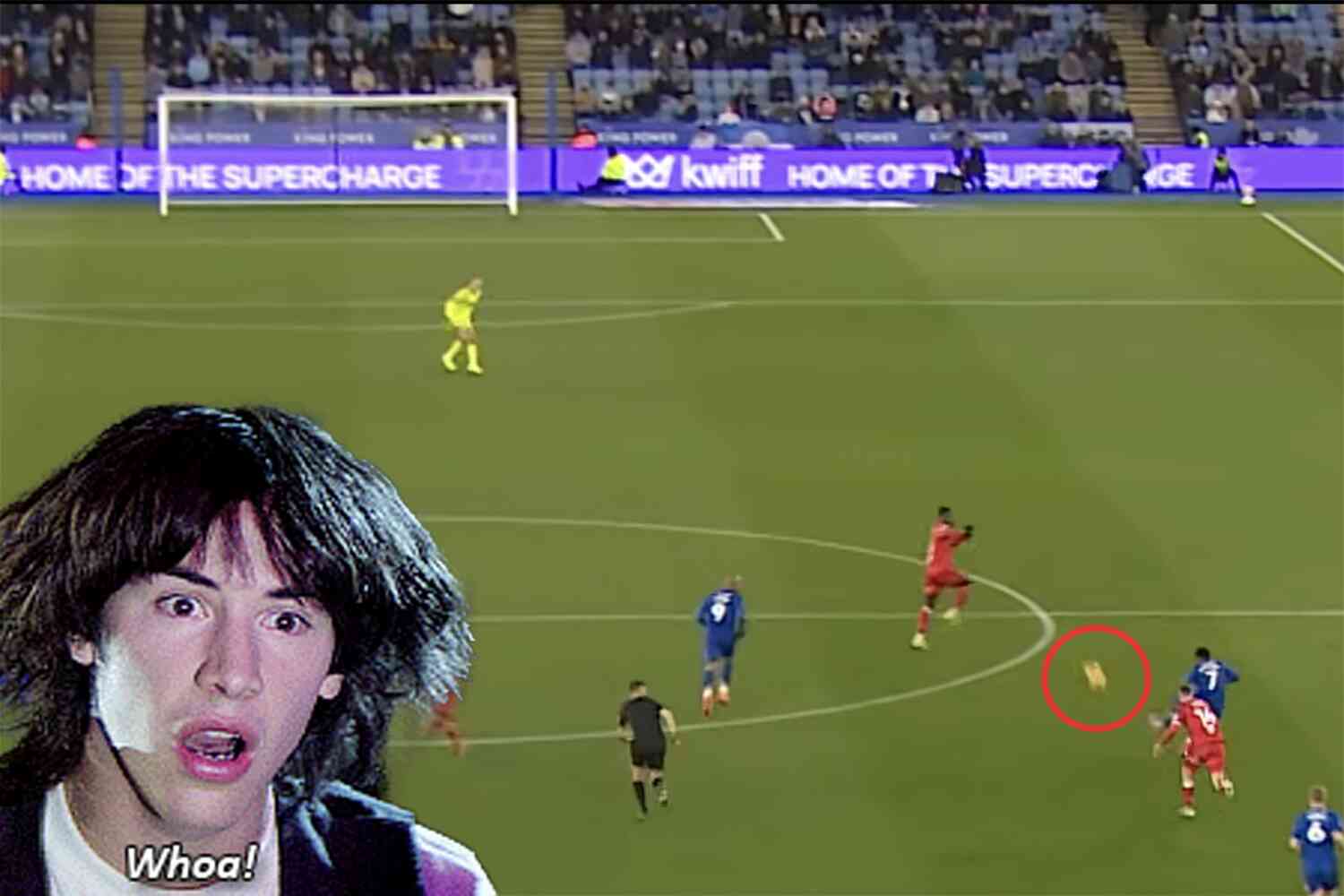Tired of games where you try to defeat your fellow players?
Looking instead for an exciting evening of cooperation? A nail-biting contest to see who can agree more? An action-packed thrill-an-hour boardgame that will push you to your very limits of comity and goodwill?
Have I got the game for you!
Board game designers aim to make tackling climate change fun.
I don't know about you, but when I think "fun," the first thing that comes to my mind is definitely climate change, right between trips to the dental hygienist and listening to a Yoko Ono album.
The ABC story begins with this.
Board games like Monopoly, Clue and The Game of Life are iconic in many Americans' lives and in pop culture. Now some designers are exploring a wider range of topics, including how to use games to spark discussion about bigger issues.
Social justice comes to boardgames.

Designers Matt Leacock and Mateo Mennapace describe their inspiration.
They said the game became a way for them, and they hope for players as well, to process their feelings about climate change and better understand the possible solutions.
If you find yourself having to "process your feelings about climate change," maybe you shouldn't be playing a game. Maybe you should be talking to a psychotherapist.
Climate change isn't about "feelings," it's an impossibly complex scientific puzzle that we barely understand. It would be like wanting to come to emotional terms with string theory and Hawking's paradox.
Which now that I'm thinking about it, would be a pretty cool game.
"The game started from a conversation on what could we do about climate change as game designers," game designer Matteo Menapace told ABC News. "We felt we can use games to talk about climate change, to model this big problem in a way that is playable, that is understandable by players and in a way that gives people agency over their choices."
I think if there's one thing I want in a game designer is the ability to channel a first-year liberal arts professor.
In Daybreak, players take on the role of world powers like the United States, European Union and China and have to negotiate ways to achieve drawdown, which is the point when greenhouse gas emissions are reduced enough to prevent temperatures from continuing to rise.
Picture yourself, a world leader facing imminent global catastrophe, but instead of doing something boring like battling aliens with thermonuclear weapons, the only way to win is to sit around with your fellow players and engage in tedious multinational conferences addressing global cooperation because who hasn't dreamed of that as a small child?
So how do you win?
That's the best part.
You don't!
Instead of playing against each other players work together to win against the game, but the whole group will lose if any player has too many communities in crisis from the impacts of climate change.
Nope, in this era of participation trophies and the "everyone's a winner" ethos, you aren't competing against each other, you're competing against the game itself, a lifeless pile of sustainably sourced paper products.
How sustainable?
They don't even use textiles because textiles are now bad all of a sudden.
Speaking of which, here is Matt Leacock explaining the rules wearing textiles.
Buckle up, boys and girls, because you are in for the thrill ride of your life.
These emissions will them be absorbed by the land and sea of the planet. To represent this you can match up the tokens and cubes like this. The carbon and tokens left in the atmosphere are excess emissions.
I'll give you a moment to catch your breath because we aren't done yet!
The excess emission are added to the thermometer like this.
Whoa, slow down cowboy, I can barely keep up!
Whenever you fill a row, swap out the token for a temperature band. This represents a rise in global temperatures. As you can see, as the excess emissions accumulate, the temperature rises.
It may be fun, but that doesn't mean it can't also be scientifical!
Next you'll see what effects this increased temperature has on the planet. You'll roll one die for each temperature band and increase the corresonding planetary effects track. These represent planetary tipping points.
It's like an IPCC Climate Report come to life!
Each round begins with a conference step where everyone comes together to make plans.
Sitting around "making plans" with people with clearly divergent interests (China, nice example!) kind of reminds me of trying to agree with your wife on doing house renovations, and no, I did not get my Kegerator with a through-the-wall tap to the bedroom deck outside.
What part of that was "impractical" I have no idea.
In any case...
Each card shows a different action and many of these cards have costs. How do you pay these costs?
This might be the most difficult question of all. It's the crux of the problem, the delicate and difficult balance that must be struck between material prosperity with all its attendant benefits to the health and well being of citizens and the sacrifices they are being asked to make for still-barely defined benefits. How they address this puzzle may be the game's biggest achievement.
Well, there's no money in the game.
Oh.

I kind of stopped watching at that point, although that may have been the coma I was drifting into listening to his droning monotone which I'm sure is in no way an indication of the visceral excitement this game surely engenders.
However, I did explore the Daybreak site to check out some more exciting elements of game play, like fun and colorful action cards that allow you to forfeit freedom and personal independence and instead grow increasingly reliant on the state.

There are also a set of what I call "hysteria cards." Infrastructure meltdowns, forest fires, global financial crises and more.

There are also "hundreds of original illustrations that portray a richly detailed world of international cooperation, mutual aid, and abundance."
Such as this green utopia of eco-friendly windmills residing in a picturesque wheat field.
Followed by this depiction of eco-friendly public transit whisking you through the countryside with what few birds remain after having been slaughtered by your eco-friendly windmills.
The ABC piece takes a detour at one point trying to retcon your childhood.
"But what we discovered is actually that game makers and game designers have just been fascinated by environmental issues and have made a lot of games about environmental issues over the last 50 years," Sheu said.

She said some of those games, like Litterbug a children's game that teaches about the consequences of littering or Clean Water, a game created after the passage of the Clean Water Act, came at a time in the 1970s when people were becoming a lot more politically engaged and aware of environmental issues.
Just like Monopoly and Clue, those games were so popular that you can still find them to this day.
In museums.
Also, eBay.
I was a kid in the '70s and have no memory of these games whatsoever, but then again my friends and I were probably too busy impaling ourselves with Jarts at the time.
Daybreak is a 100% cooperative game, where you and your friends will puzzle over tense decisions, celebrate memorable wins, and lament narrow losses. And if you're anything like us, you'll be standing around the board, talking and strategizing, long after the game is over.
I'm pretty sure I'm nothing like them.









